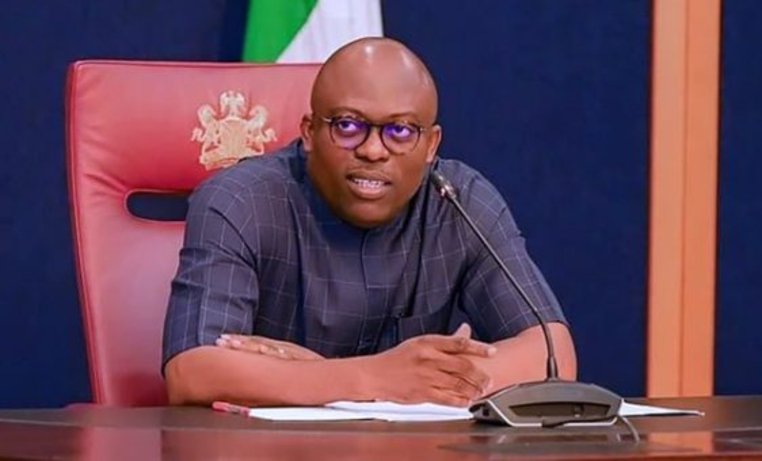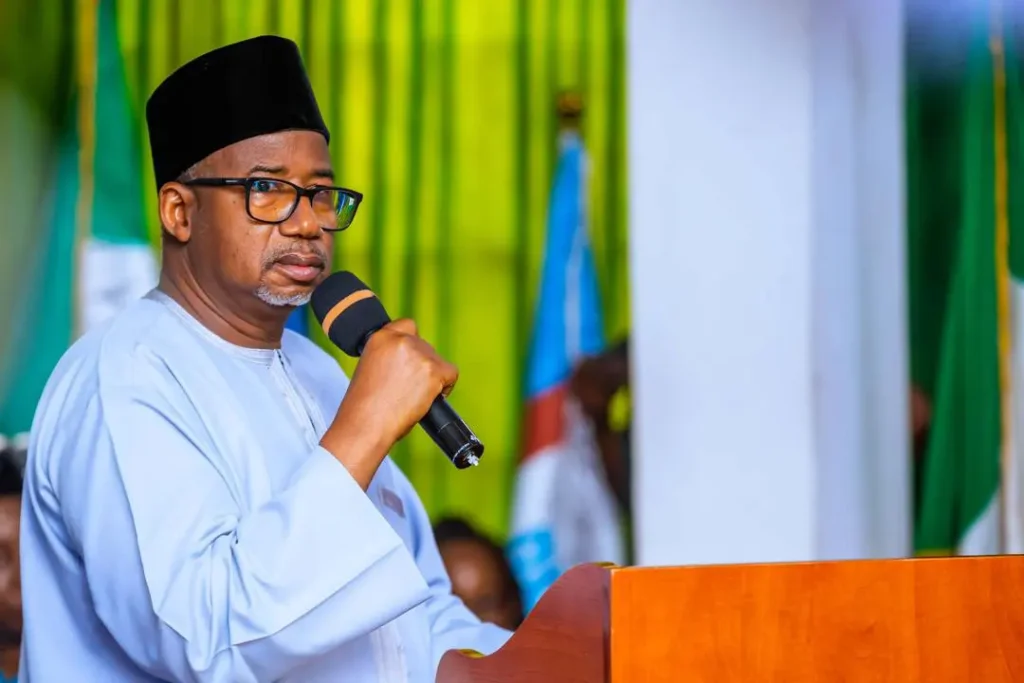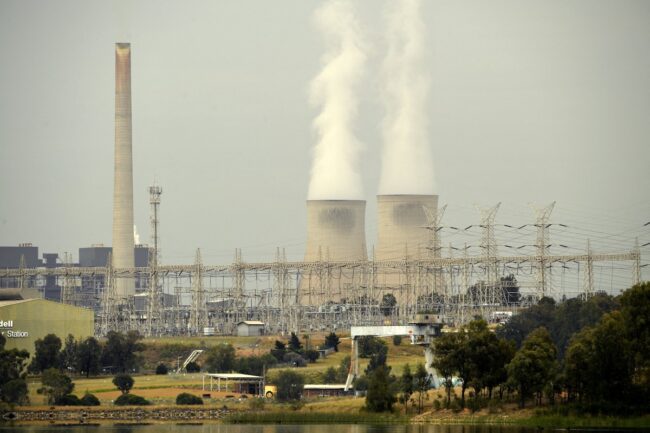A former Governor of the Central Bank of Nigeria, Sanusi Lamido Sanusi, has cautioned against President Bola Tinubu occupying the office of Minister for Petroleum Resources, citing concerns over the Nigerian National Petroleum Corporation Limited’s (NNPC) accountability. Speaking at the Bank Directors Summit organized by the Bank Directors Association of Nigeria, Sanusi criticized the opacity of the NNPC, dubbing it as the “most opaque oil company in the world.” He further lambasted the NNPC for its alleged failure to remit sufficient foreign exchange into the government coffers despite the removal of fuel subsidies by the current administration. Sanusi, who presided over the CBN from June 2009 to February 2014, emphasized the necessity of stabilizing the foreign exchange market. He lamented the adverse impact of monetary policies over the past eight years, attributing them to the rise in inflation and economic downturn in the country. “The exchange rate needs to be stabilized, and we have to address the fundamental question: why is there no money coming in? Why is the NNPC not able to bring in dollars?” Sanusi queried passionately. He underscored the imperative of illuminating the NNPC’s operations, highlighting the necessity for transparency in oil production, sales, and revenue allocation. Sanusi, who has been a vocal advocate for accountability, stressed the need for stringent oversight to trace the flow of funds from production to export. “We are no longer paying subsidies, so where are the dollars? This was the issue I raised for which I was suspended. The NNPC is the most opaque oil company in the world,” Sanusi expressed with palpable frustration. In his sharp rebuke, Sanusi cautioned against the President holding the position of petroleum minister, asserting that such a move would hinder accountability. He emphasized the importance of having a designated minister who can be held accountable by Nigerians. In a strategic maneuver reminiscent of his predecessor, ex-President Muhammadu Buhari, President Bola Tinubu retained the position of substantive Minister of Petroleum Resources for himself, while appointing ministers of state for Gas Resources and Petroleum Resources. Sanusi also called for a comprehensive audit of the NNPC to reveal the intricacies of the country’s daily oil production, export, and accrued revenue. He highlighted that this demand was what ultimately led to his suspension from the apex bank. In a resolute stance, Sanusi championed the rebuilding of trust in the banking sector, emphasizing the necessity of upholding the Central Bank of Nigeria’s autonomy. Addressing the proposed amendment to the CBN Act, Sanusi adamantly voiced his support for the existing legislation, asserting that the independence of the central bank must be preserved to safeguard against political interference. He steadfastly maintained that the CBN Act is among the best central banking laws globally, advocating for its diligent implementation. Delving into the subject of “Ways and Means,” Sanusi recounted instances where pressure was exerted on the CBN to exceed its prescribed limits, underscoring the collapse of checks and balances within the system. On the regulatory front, Sanusi called for a balanced approach, advocating for a robust framework to ensure the prudent management of banks and an acute awareness of the associated risks. In response, President Bola Tinubu reaffirmed his commitment to enforcing financial regulations and fostering a culture of integrity and technological innovation within the CBN. He outlined the government’s plans to establish a comprehensive financial regulatory framework aimed at bolstering the country’s economy. As the dialogue on Nigeria’s economic landscape continues, Sanusi’s incisive remarks have reverberated across the nation, igniting discussions on transparency, accountability, and the critical role of regulatory bodies in shaping the trajectory of the country’s financial ecosystem.



